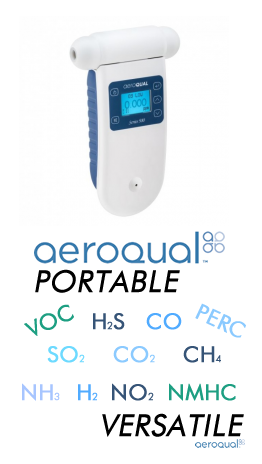Cyanide Information

Cyanide:
|
Other Names |
Cyanide Ion; Isocyanide; Nitrile Anion |
|
Chemical Formula |
CN- |
|
CAS Number |
57 – 12 – 5 |
|
Industry Uses |
Mining; Pest Control; Metal Cleaning; Steel Manufacture |
|
Health Risks |
Irritation; Histotoxic hypoxia; |
Cyanide MSDS
What is Cyanide:
Cyanide is used in many chemical and refining processes. It is found in effluent from electroplating and metal cleaning operations, coke ovens, steel manufacturing facilities, and gas scrubbers. Cyanide is used for the mining of gold and silver, illegal fishing and poaching, pest control, and it has a history as a human poison. Although cyanide can be safely removed by alkaline chlorination, its acute toxicity to aquatic life necessitates routine monitoring.
Cyanide Exposure and Health Risks:
Cyanide is toxic by skin absorption, ingestion, and inhalation. Contact to the skin can cause blistering and inflammation. Exposure to the eye can result in corneal damage and blindness. Inhalation will produce irritation to the gastrointestinal tract and/or the respiratory tract. Cyanide acts by inhibiting the fourth complex of the electron transport chain by binding to iron. It prevents the transport of electrons from cytochrome c to oxygen. This disrupts the electron transport chain which prevents the cell from aerobically producing ATP for energy. It then causes histotoxic hypoxia which severely affects the heart and central nervous system. Symptoms include nerve damage, thyroid problems, lung damage, unconsciousness, and death.
Regulations:
The table below summarizes the most-recent standards.
|
Limit/Level |
Type |
Organization |
|
0.2 mg/L |
Primary Standards – Max Contaminant Level |
EPA |
Sources: EPA
Measuring Cyanide:
Dissolved Cyanide concentration in water can be measured in units of parts per million (ppm). We carry kits from CHEMetrics that determine cyanide levels in water from 0-1 ppm. All of our cyanide products can be viewed HERE.
What type of component are you looking for?
| Fixed Mount | Handheld | Dissolved Kits: | Replacement Sensors: | Calibration Gas: | Rentals: |
 |
 |
 |
 |
 |
 |
All sensors require a yearly calibration to ensure your gas measurements are accurate and performing within manufacturer standards. This page is desiccated to the individual manufacturers we represent and their specific calibration procedures.
**Calibration Service Request Form **
|
Calibration costs do vary, see below to get an estimate: Calibration Fee: $150 Analyzer Calibration Fee: $300 PM Calibration Sensor Fee: $330 Genie Calibration Fee: $265 ATI Calibration Fee: $205 ** note that prices are subject to change per labor and parts required. |
Contact us for help choosing the right product for your application
















